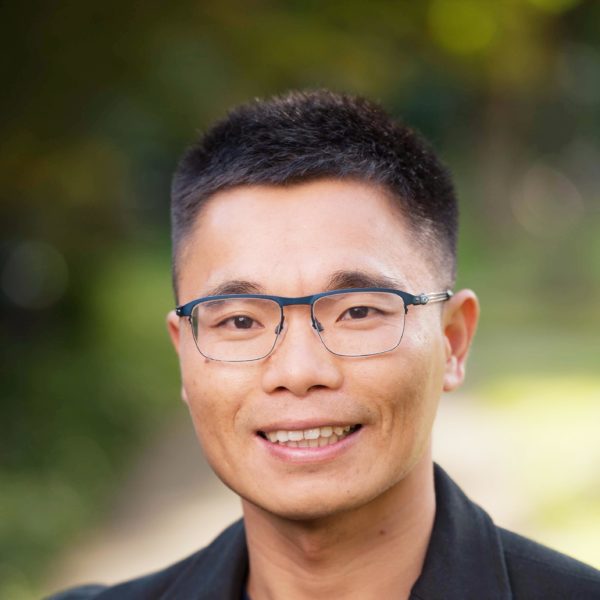The McLaughlin College Lunch Time Talk on March 11 featured Professor Allan Rock (PC, OOnt, QC) arguing persuasively in support of the World Refugee Council’s 2019 report, A Call to Action: Transforming the Global Refugee System, which lays out the steps necessary to strengthen the global response to forced displacement.

McLaughlin Head James C. Simeon introduced Rock as an incredible Canadian and one of the most distinguished and accomplished guest speakers to have appeared at the College’s Lunch Time Talk series.
Rock is president emeritus and a professor in the Faculty of Law at the University of Ottawa, where he teaches about international humanitarian law and armed conflict and international law.
Simeon noted that Rock’s list of accomplishments are nothing short of astounding. He was elected as a member of parliament and appointed the minister of justice and attorney general of Canada in 1993, and served as minister of health in 1997 and as minister of industry and infrastructure in 2002.
Rock served as Canada’s ambassador to the United Nations (UN) in 2003 where he led the Canadian effort to secure the adoption of the Responsibility to Protect (R2P) doctrine meant to safeguard populations from the so-called “atrocity crimes” such as genocide, ethnic cleansing, war crimes and crimes against humanity. Rock also served as the special representative of the UN Secretary-General for Children and Armed Conflict.
Rock was inducted as a Fellow of the American College of Trial Lawyers in 1988 and was acclaimed as treasurer (president and chief executive officer) of the Law Society of Ontario in 1992. He was a visiting scholar at Harvard Law School in 2017 and now serves on the World Refugee Council (WRC).

Rock began his remarks by pointing out there is a record level, and continuously growing number, of forcibly displaced persons in the world today due to unresolved conflicts, ongoing oppression and persecution and a warming planet.
He explained how there is little sharing of the responsibility to provide refugees with protection. Chronic under funding means that refugee services fall far short of their needs. In addition to a lack of mechanisms to hold individual states accountable for current dislocation, climate change, with its attendant rising sea levels, desertification, fires and floods, will likely force millions more people from their homes in the coming decades.
According to Rock, the current global refugee system is broken, and the WRC has identified concrete steps that can be taken to address the ongoing and escalating crisis. He outlined how responsibility sharing, accountability – for both states producing refugees and those committing crimes against them – and new financial vehicles such as “Refugee Bonds” to support host communities are critical measures that should be employed.

The talk provided an overview of how adopting principles of a common but differentiated state responsibility for refugees, redistributing assets from war criminals to benefit the displaced and establishing private equity vehicles for refugees could make a difference.
Rock also argued in favour of a Global Action Network (GAN) to promote and implement the WRC’s innovative plan of action. He explained how mid-sized states are particularly well-placed to advance a human security agenda by building such a global network for reforming the current broken global refugee system, and pointed to successful examples from the past, such as the landmines initiative that established the Ottawa Treaty.
Rock believes that a new GAN for a new global refugee system is essential to build the momentum to bring about the change necessary to create a new workable and humane global refugee protection system.
The talk concluded with a lively discussion about how to forge a new GAN to bring about changes to our global refugee system.
Those interested in getting involved with the Global Action Network for advancing the WRC’s Call for Action can visit the Centre for International Governance Innovation’s website.































